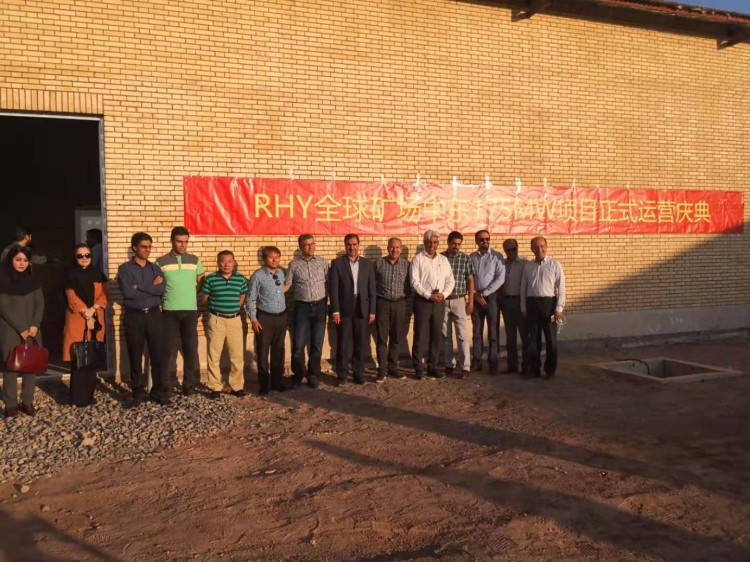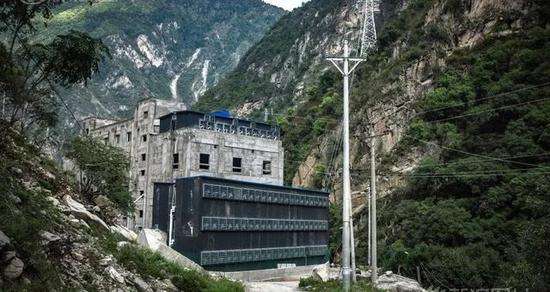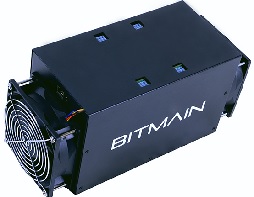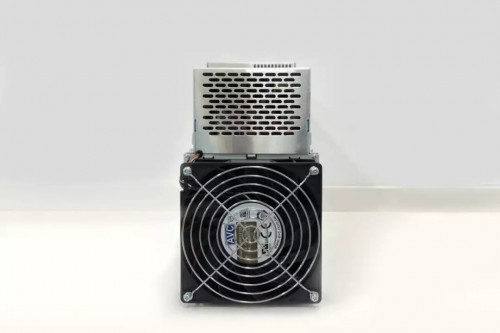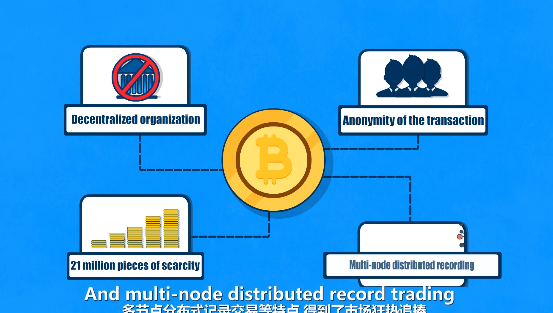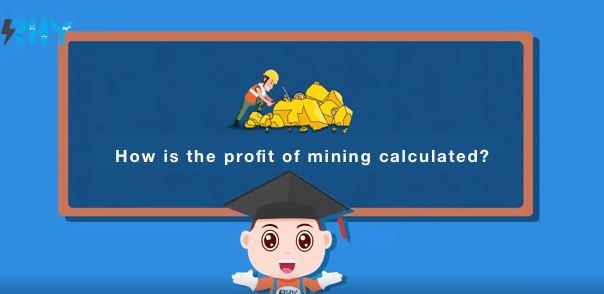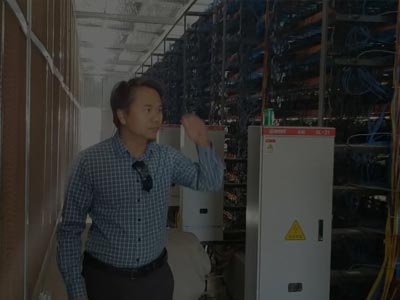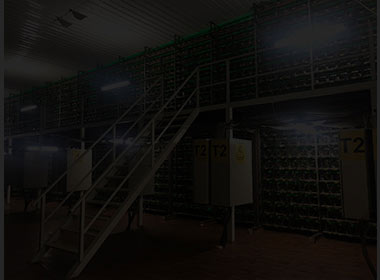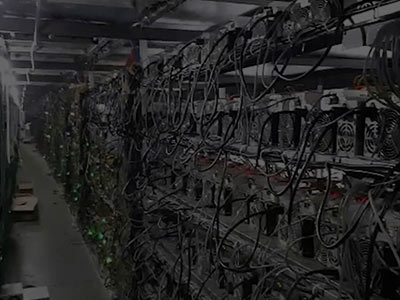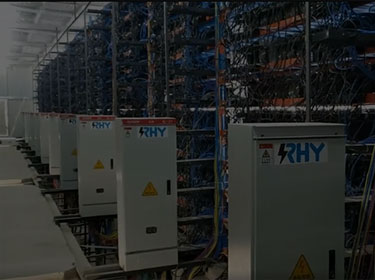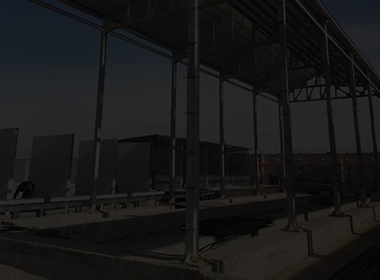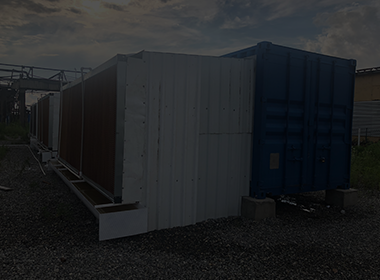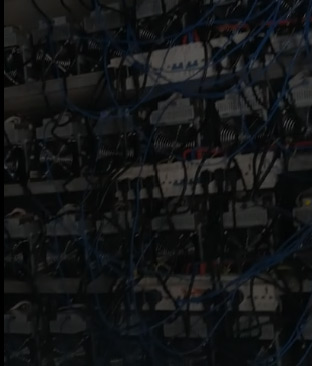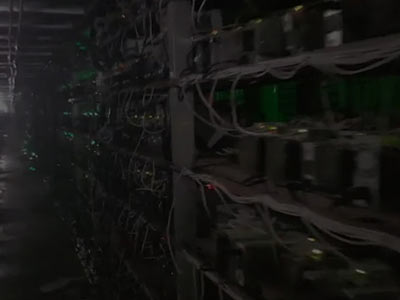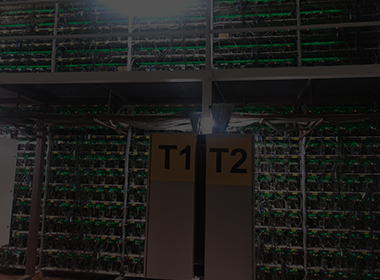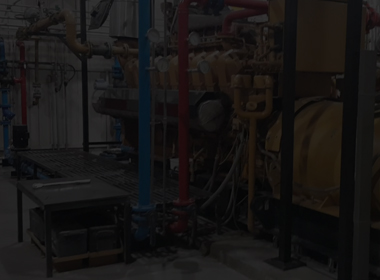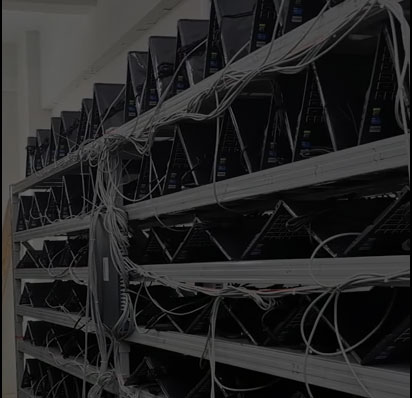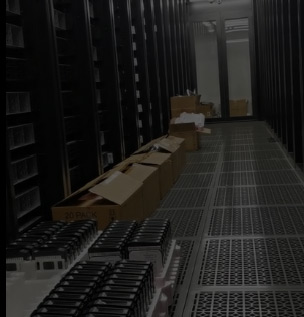+0.02%
| Market Value | $ 24,120.18 million |
|---|---|
| Change | +0.02% |
| power | 1.11 ZH/s |
| Daily output | 0.00000049 BTC / T |
| Halve time The public chain will have a halving cycle to maintain the value of the currency, and the market will rise sharply after halving in history. |
Completed |
| Earnings volatility The computing power of the entire network is due to the increase and decrease of mining machines, which affects the average distribution of revenue. If the computing power decreases, the average revenue will increase, and if the computing power increases, the average revenue decreases. |
-99.17% |
+0.27%
| Market Value | $ 3.50 million |
|---|---|
| Change | +0.27% |
| power | 16.06 TH/s |
| Daily output | 0.21580310 DCR / G |
| Halve time The public chain will have a halving cycle to maintain the value of the currency, and the market will rise sharply after halving in history. |
No halving expected |
| Earnings volatility The computing power of the entire network is due to the increase and decrease of mining machines, which affects the average distribution of revenue. If the computing power decreases, the average revenue will increase, and if the computing power increases, the average revenue decreases. |
-97.66% |
-0.04%
| Market Value | $ 100.29 million |
|---|---|
| Change | -0.04% |
| power | 3.48 PH/s |
| Daily output | 0.00000141 LTC / M |
| Halve time The public chain will have a halving cycle to maintain the value of the currency, and the market will rise sharply after halving in history. |
No halving expected |
| Earnings volatility The computing power of the entire network is due to the increase and decrease of mining machines, which affects the average distribution of revenue. If the computing power decreases, the average revenue will increase, and if the computing power increases, the average revenue decreases. |
-99.34% |
-0.01%
| Market Value | $ 121.49 million |
|---|---|
| Change | -0.01% |
| power | 4.68 EH/s |
| Daily output | 0.00010445 BCH / T |
| Halve time The public chain will have a halving cycle to maintain the value of the currency, and the market will rise sharply after halving in history. |
Completed |
| Earnings volatility The computing power of the entire network is due to the increase and decrease of mining machines, which affects the average distribution of revenue. If the computing power decreases, the average revenue will increase, and if the computing power increases, the average revenue decreases. |
-43.82% |
-0.19%
| Market Value | $ 0.00 million |
|---|---|
| Change | -0.19% |
| power | 10.56 GH/s |
| Daily output | 0.00020294 ZEC / K |
| Halve time The public chain will have a halving cycle to maintain the value of the currency, and the market will rise sharply after halving in history. |
Completed |
| Earnings volatility The computing power of the entire network is due to the increase and decrease of mining machines, which affects the average distribution of revenue. If the computing power decreases, the average revenue will increase, and if the computing power increases, the average revenue decreases. |
+75.42% |
-0.09%
| Market Value | $ 3.98 million |
|---|---|
| Change | -0.09% |
| power | 2.65 PH/s |
| Daily output | 0.00018864 DASH / G |
| Halve time The public chain will have a halving cycle to maintain the value of the currency, and the market will rise sharply after halving in history. |
Completed |
| Earnings volatility The computing power of the entire network is due to the increase and decrease of mining machines, which affects the average distribution of revenue. If the computing power decreases, the average revenue will increase, and if the computing power increases, the average revenue decreases. |
-53.51% |
0.00%
| Market Value | $ 43.23 million |
|---|---|
| Change | 0.00% |
| power | 269.92 TH/s |
| Daily output | 0.00004376 ETC / M |
| Halve time The public chain will have a halving cycle to maintain the value of the currency, and the market will rise sharply after halving in history. |
No halving expected |
| Earnings volatility The computing power of the entire network is due to the increase and decrease of mining machines, which affects the average distribution of revenue. If the computing power decreases, the average revenue will increase, and if the computing power increases, the average revenue decreases. |
+49.06% |



